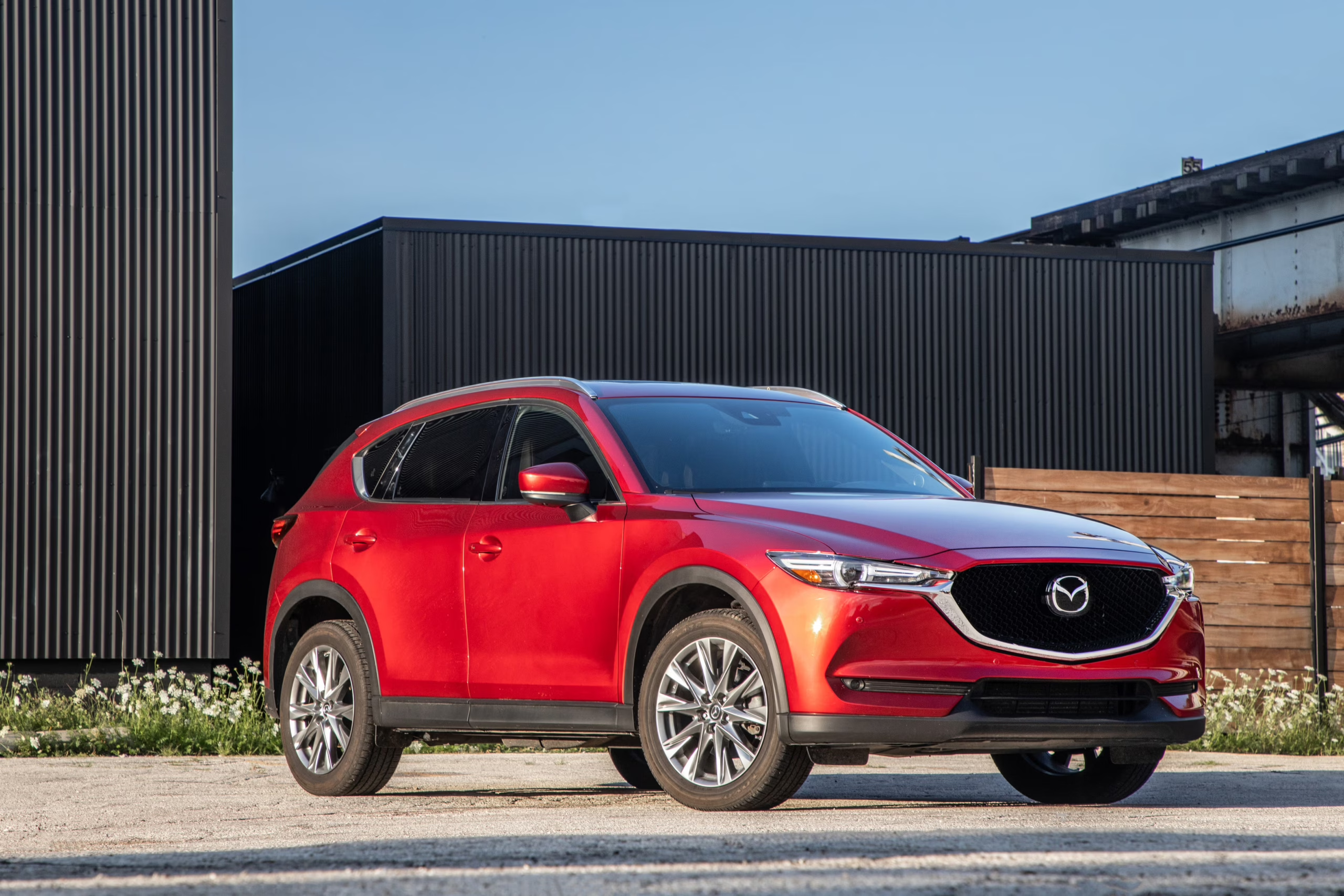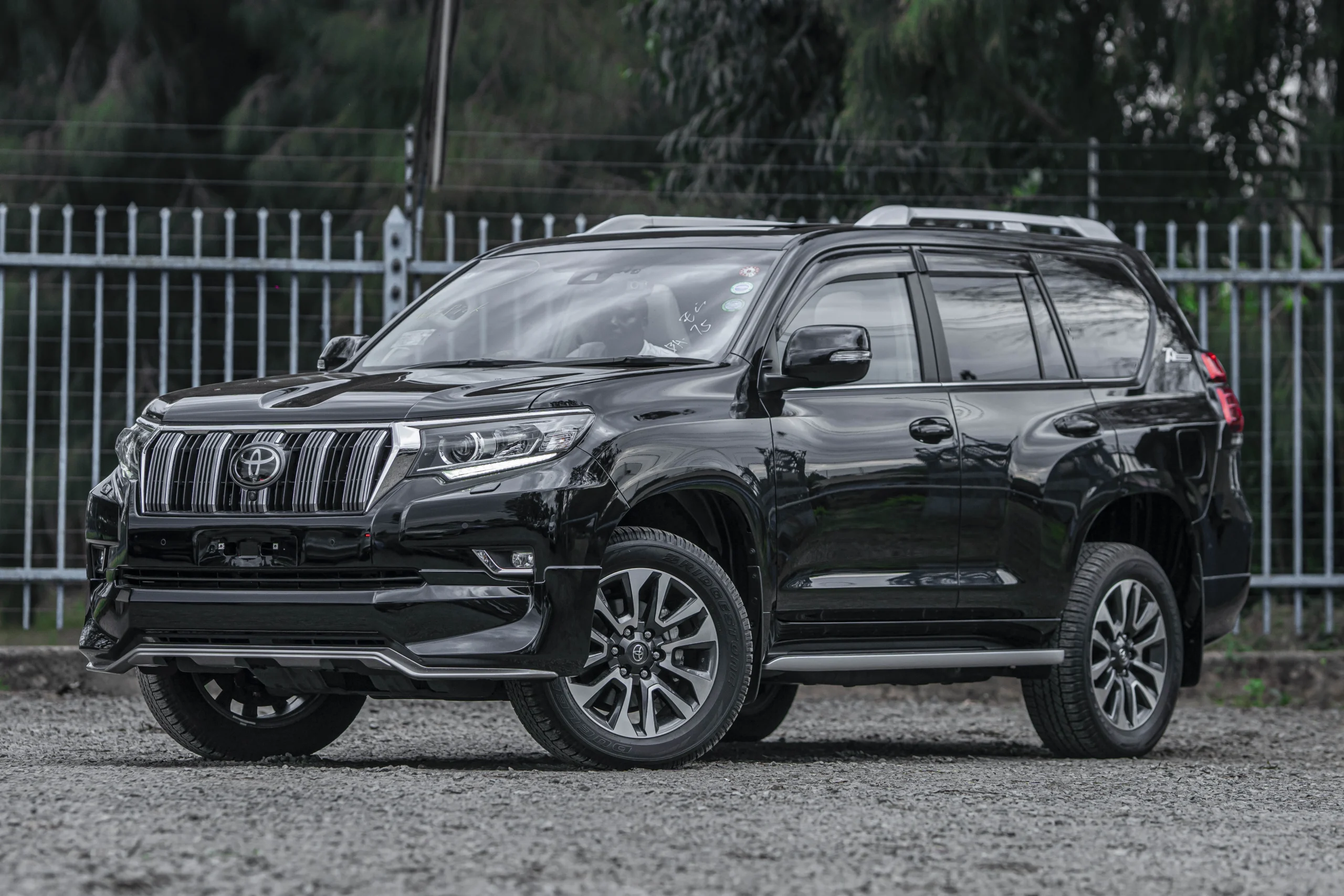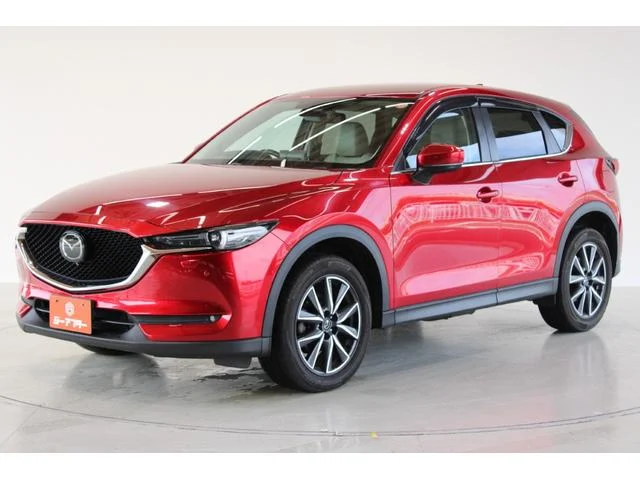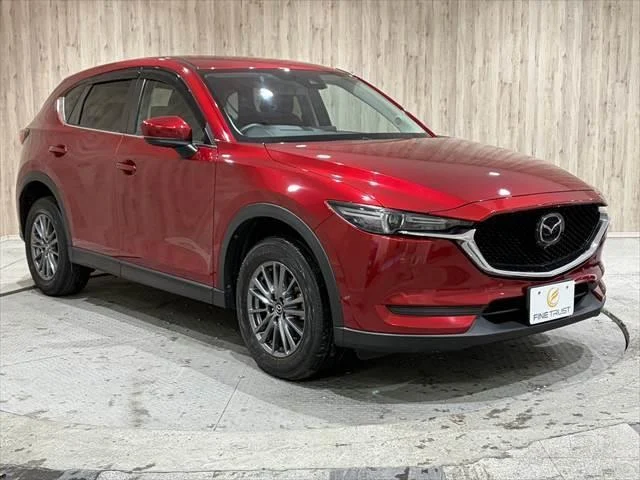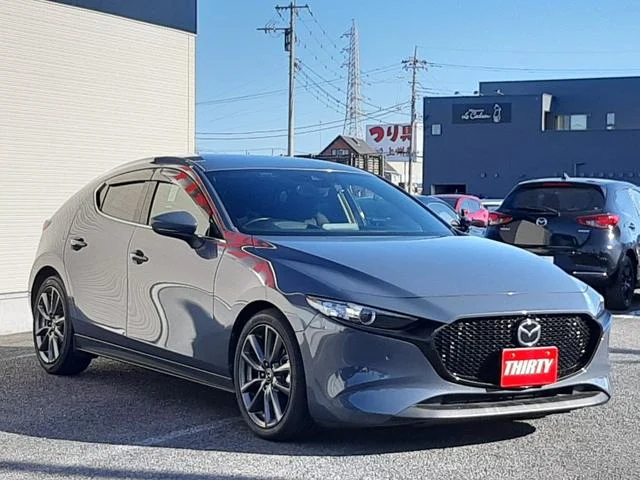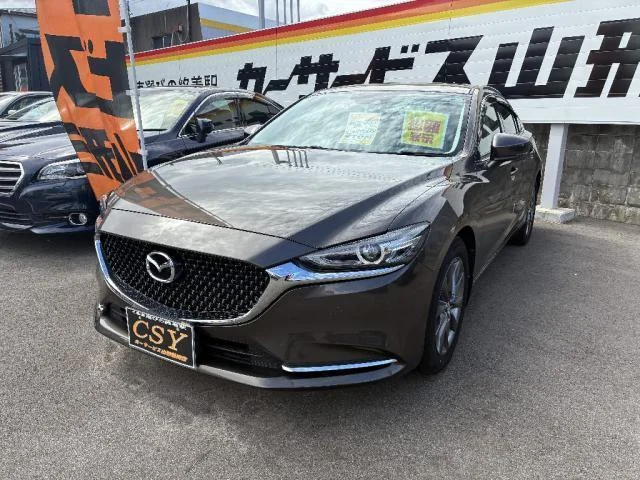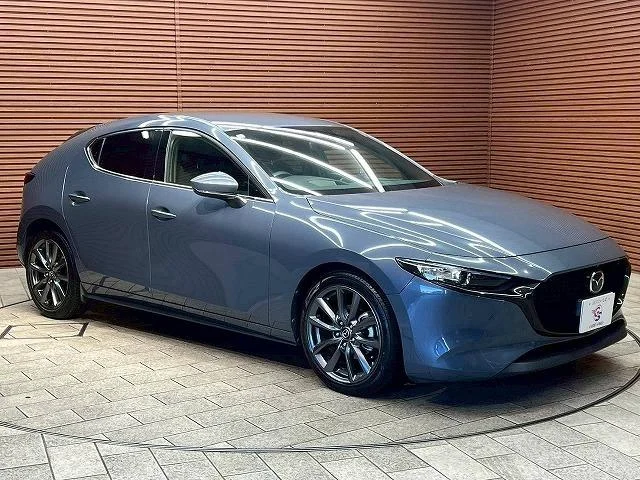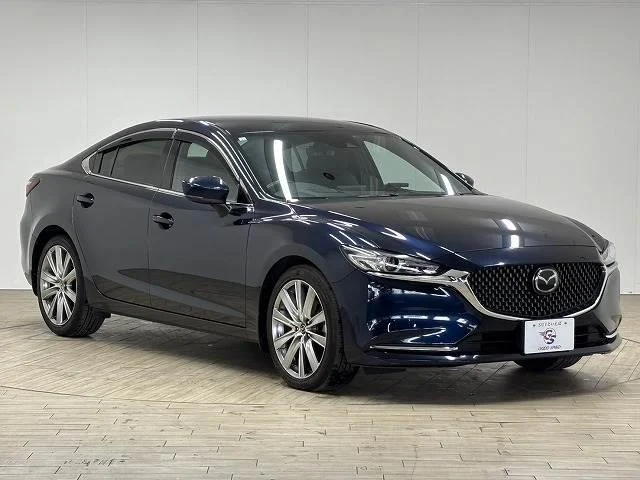Understanding Car Import Regulations in Kenya
The Kenyan government has specific regulations governing car imports, designed to protect local industries and ensure compliance with safety and environmental standards.
These regulations are constantly evolving, so staying updated is crucial.
Generally, vehicles must meet Kenyan Bureau of Standards (KEBS) requirements, including emission standards and safety features.
The age of the vehicle is also a significant factor, with restrictions on importing vehicles older than eight years, although exceptions exist for specialized vehicles.
Understanding these regulations upfront can save you considerable time and money down the line.
It’s vital to research the current import duty rates and other applicable taxes, as these can significantly impact the overall cost.
For a comprehensive understanding of the import process, consider exploring our detailed guide on Import process at Enan Motors.

Step‑by‑Step Guide: How to Import a Car to Kenya
Importing a car to Kenya involves several key steps, each requiring careful attention to detail.
First, identify the vehicle you wish to import and ensure it meets Kenyan import requirements.
Next, engage a reputable clearing and forwarding agent – or consider partnering with a trusted car import specialist like Enan Motors.
They can handle the complex paperwork and customs procedures on your behalf.
You’ll need to obtain a pre-inspection certificate from a KEBS-appointed inspection agent in the exporting country.
Upon arrival in Kenya, the vehicle will undergo another inspection.
Finally, you’ll clear customs, pay applicable duties and taxes, and register the vehicle with the Kenya Revenue Authority (KRA) and the National Transport and Safety Authority (NTSA).
This process can be streamlined with the right expertise, ensuring a hassle-free experience.

Common Documentation Required for Car Imports
The documentation required for car imports can seem extensive, but meticulous preparation is key.
Essential documents include the original vehicle title or ownership documents, a bill of sale, a pre-inspection certificate from KEBS, a commercial invoice from the seller, and a packing list detailing the vehicle’s specifications.
You’ll also need your personal identification documents, such as a passport and KRA PIN certificate.
Accurate and complete documentation is crucial for avoiding delays and penalties at customs.
Having a reliable agent handle this aspect can significantly reduce the risk of errors.
We at Contact Enan Motors for assistance with navigating these requirements.
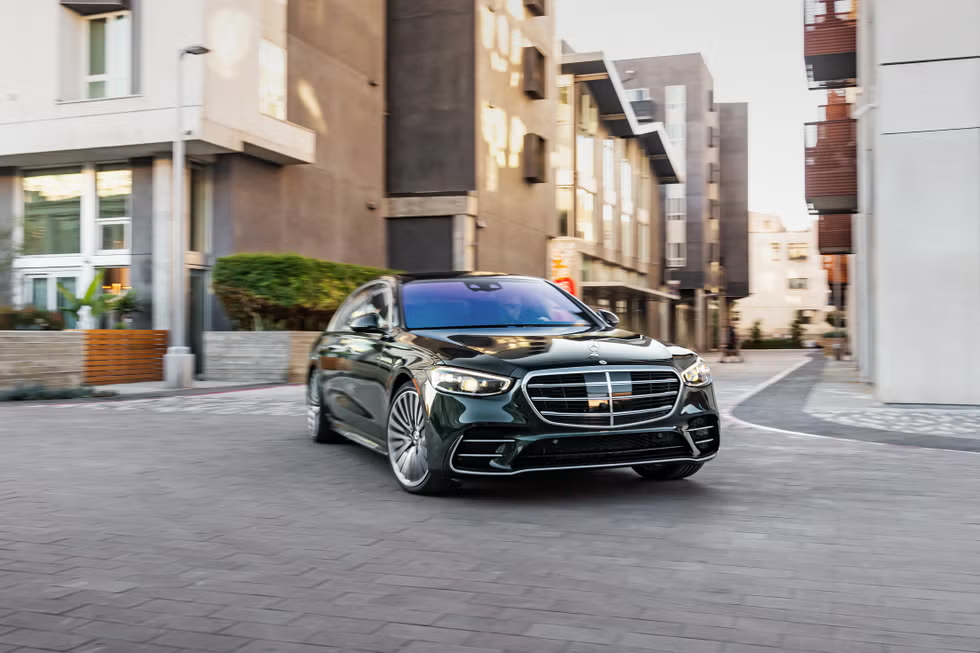
Calculating Taxes, Duties, and Fees
Understanding the costs associated with car importation is paramount.
Import duty, excise duty, value-added tax (VAT), and other fees contribute to the overall cost.
Import duty is calculated as a percentage of the vehicle’s value, while excise duty varies depending on the engine capacity and vehicle type.
VAT is applied to the sum of the import duty, excise duty, and vehicle value.
Additional fees include port handling charges, customs clearance fees, and inspection fees.
The age of the vehicle also impacts the applicable taxes.
For example, importing a Lexus LX 600 will incur different taxes than importing a used Toyota Land Cruiser Prado.
Accurately calculating these costs requires careful consideration of all factors, and our team at Enan Motors can provide a detailed cost breakdown for your specific vehicle.

Choosing Between New, and Used Vehicles
The decision of whether to import a new, used, or left-hand-drive vehicle depends on your budget, preferences, and specific needs.
New vehicles offer the latest technology and features but come with higher import costs.
Used vehicles are more affordable but may require more maintenance.
Consider your driving habits and the type of roads you typically use when making this decision.
Many Kenyans opt for popular models like the Lexus NX250 or the Mazda CX 5, balancing affordability with reliability and features.
Explore our Inventory, available cars to see what we currently have in stock.
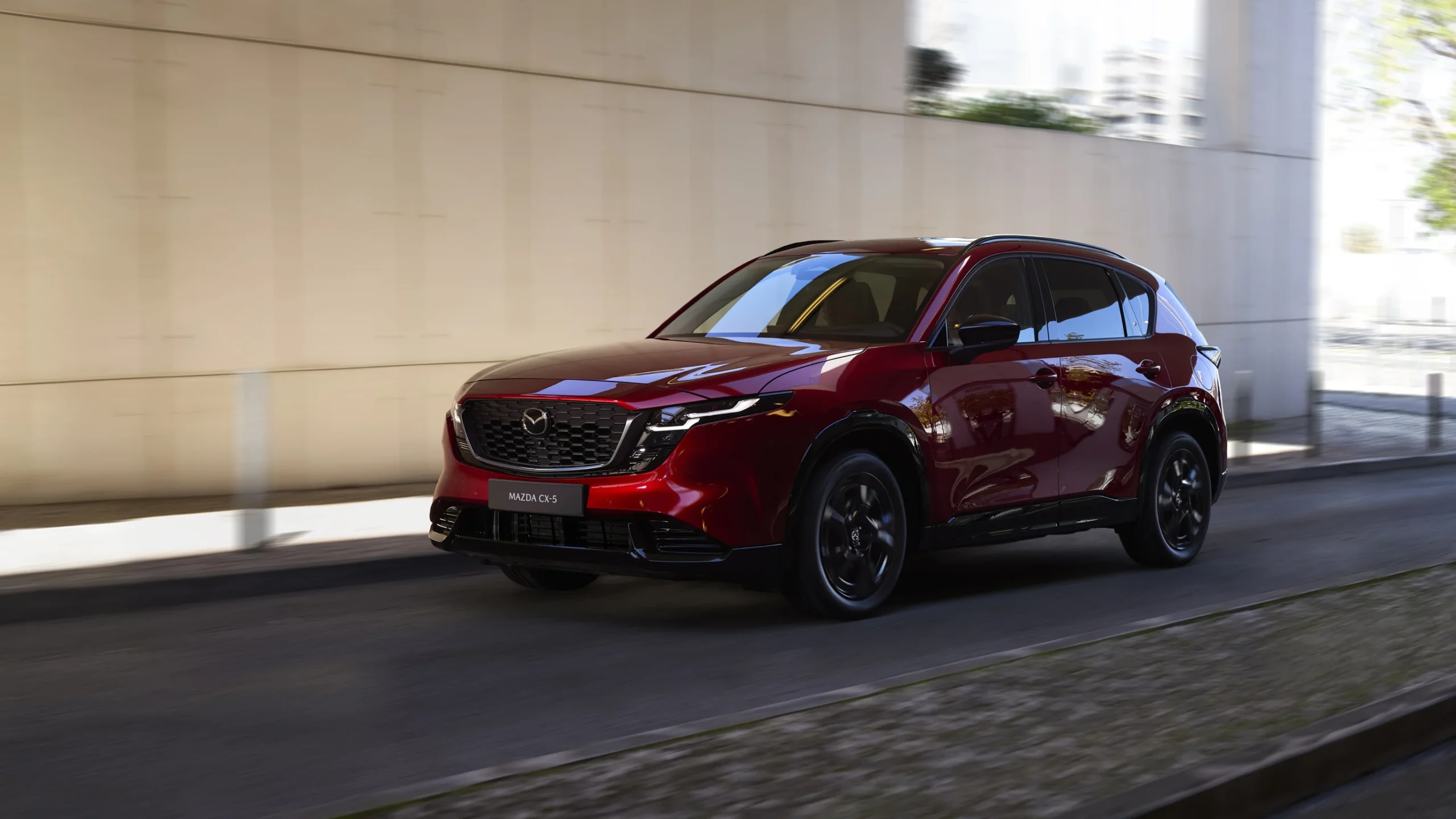
Shipping Methods, Timelines, and What to Expect
Several shipping methods are available for car imports, including sea freight and air freight.
Sea freight is the most common and cost-effective option, while air freight is faster but significantly more expensive.
Shipping timelines typically range from 4 to 8 weeks for sea freight, depending on the origin and destination ports.
Upon arrival in Kenya, the vehicle will be stored at the port until cleared by customs.
Be prepared for potential delays due to port congestion or customs inspections.
Proper packaging and insurance are essential to protect your vehicle during transit.
We can arrange reliable shipping services through our network of trusted partners.
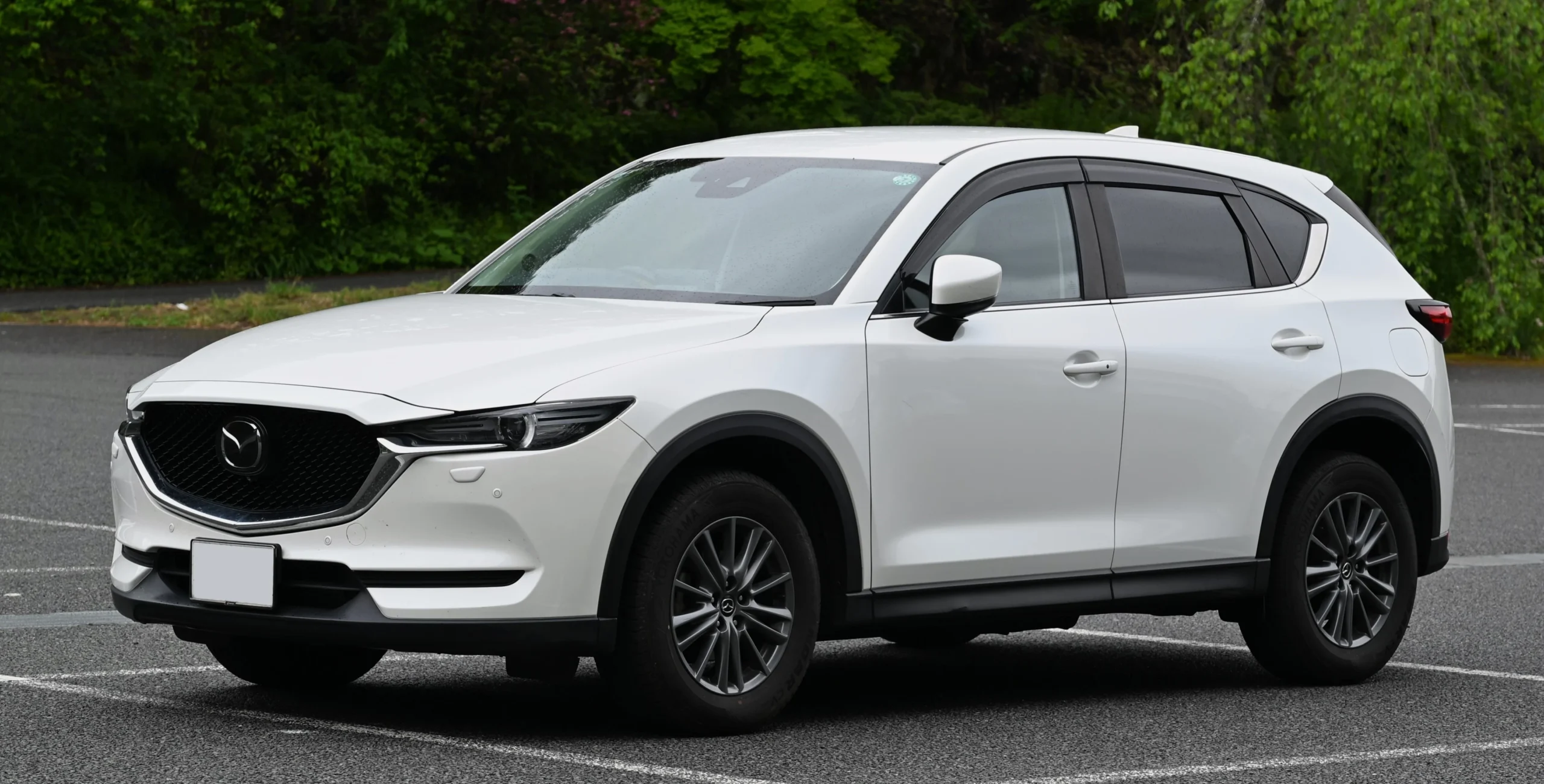
Clearing Customs: Procedures and Common Pitfalls
Clearing customs is a critical step in the car import process.
It involves submitting the required documentation, paying applicable duties and taxes, and undergoing a physical inspection of the vehicle.
Common pitfalls include incomplete or inaccurate documentation, failure to comply with KEBS requirements, and attempting to undervalue the vehicle to reduce taxes.
Engaging a reputable clearing agent can significantly simplify this process and minimize the risk of errors.
They are familiar with customs procedures and can ensure compliance with all regulations.
Don’t hesitate to reach out to us at imports@enanmotors.com for expert guidance on customs clearance.
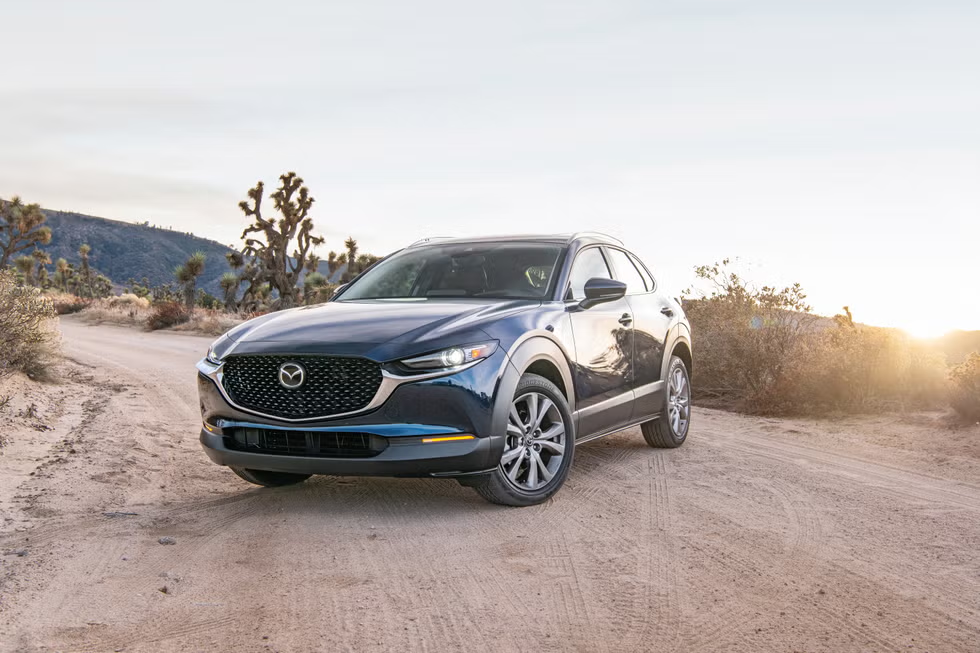
After Import: Registration, Inspection, and Roadworthiness
Once you’ve cleared customs, the next step is to register the vehicle with the NTSA and obtain a Kenyan license plate.
You’ll also need to undergo a roadworthiness test to ensure the vehicle meets safety standards.
This inspection covers various aspects, including brakes, tires, lights, and emissions.
Ensure all necessary repairs are completed before the inspection to avoid rejection.
Proper registration and roadworthiness certification are essential for legally driving your imported vehicle in Kenya.
Consider exploring models like the Mercedes Benz GLE or the Honda Vezel for reliable and popular options.
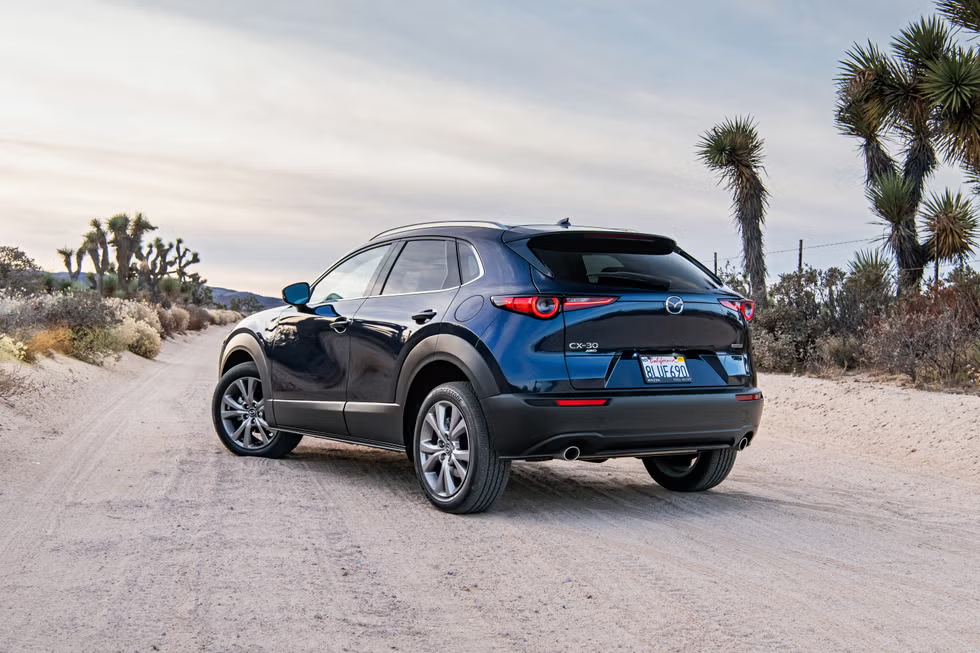
Key Takeaways and Expert Tips for Successful Car Import
Importing a car to Kenya requires careful planning, meticulous documentation, and a thorough understanding of regulations.
Engage a reputable clearing agent or car import specialist to navigate the complexities of the process.
Accurately calculate all costs, including taxes, duties, and shipping fees.
Ensure your vehicle meets KEBS requirements and is in good condition.
Stay updated on the latest import regulations and be prepared for potential delays.
With the right approach and expert assistance, you can successfully import your dream car and enjoy the freedom of owning a vehicle that perfectly suits your needs.
Ready to get started?
Call us today at 0723328339 or message us on WhatsApp at 0723328339 to discuss your car import needs.

Conclusion
Importing a car to Kenya can be a rewarding experience, allowing you to own a vehicle that perfectly matches your preferences and requirements.
However, it’s crucial to approach the process with careful planning and a thorough understanding of the regulations involved.
By following the steps outlined in this article and seeking expert assistance when needed, you can navigate the complexities of car importation and bring your dream car to Kenyan roads.
Don’t hesitate to contact us at Enan Motors for personalized guidance and support throughout the entire process.
We’re committed to making your car import experience as smooth and hassle-free as possible.
Reach out to us via phone at 0723328339, email at imports@enanmotors.com, or WhatsApp at 0723328339.
Let Enan Motors be your trusted partner in car importation!
FAQ
- What is the maximum age of a car that can be imported into Kenya?
Generally, the maximum age is eight years, but exceptions may apply for specialized vehicles. - How much does it cost to import a car to Kenya?
The cost varies significantly depending on the vehicle’s value, age, and applicable taxes and duties.A detailed cost breakdown can be provided by Enan Motors. - Do I need a clearing and forwarding agent to import a car?
While not mandatory, it’s highly recommended to engage a reputable agent to handle the complex paperwork and customs procedures. - What documents are required for car importation?
Essential documents include the original vehicle title, bill of sale, pre-inspection certificate, commercial invoice, and your personal identification documents. - How long does it take to import a car to Kenya?
Shipping timelines typically range from 4 to 8 weeks for sea freight, but this can vary depending on the origin and destination ports.



